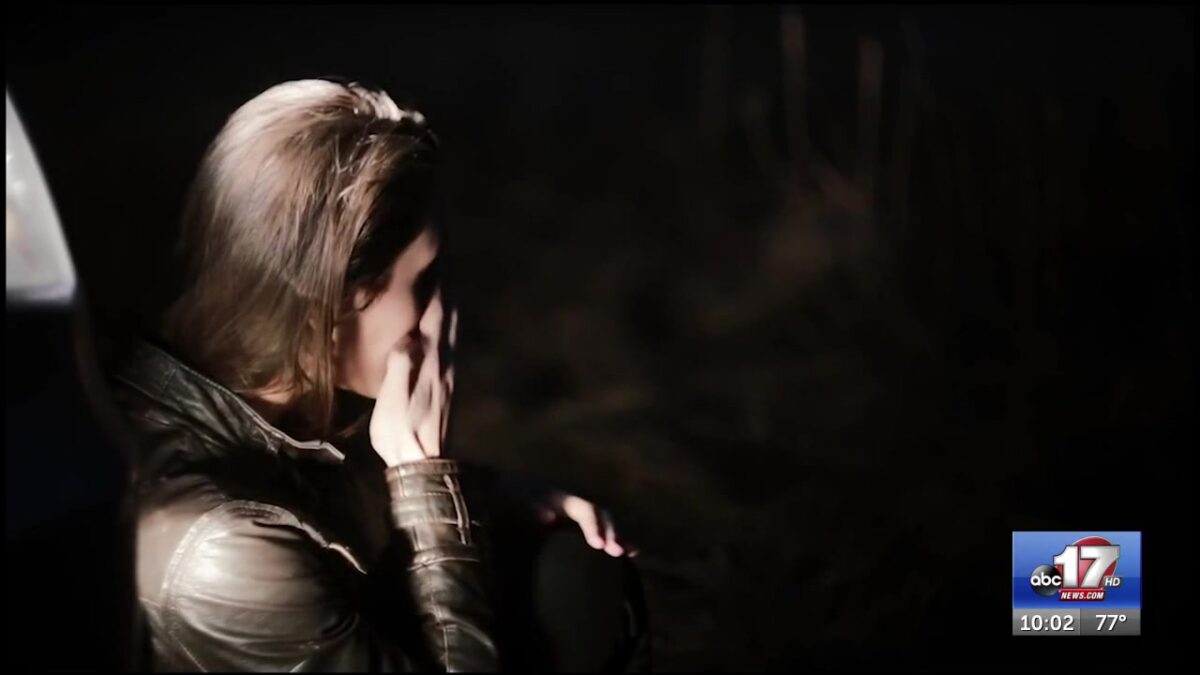Columbia Police Department considers co-responder program for crisis calls

Erika McGuire
COLUMBIA, Mo. (KMIZ)
The Columbia Police Department is working to launch a 911 co-responder program that will pair mental health professionals with officers on calls involving people in behavioral crisis.
Days after police safely detained a man who was in a standoff with law enforcement at Stephens Lake Park, who aimed to be killed by police, CPD Chief Jill Schlude detailed what the department is doing.
“Fire Chief Brian Schaeffer, Rebecca Roesslet and I are actively meeting with service provides to evaluate their programs, understand their capacity, and determine how well they align with our community’s needs,” the email says. “We have a responsibility to spend taxpayer dollars wisely by avoiding contracts that duplicate existing services or fail to deliver real results.”
A co-responder program has been in the works for years. CPD sought bids in 2023 for behavioral health co-responders to assist with mental health calls. A city councilman told ABC 17 News in 2023 that the city had been considering this as far back as 2016.
The Grandview Police Department — just south of Kansas City — has operated its 911 co-responder program with for three years in partnership with ReDiscover, a nonprofit community mental health center serving adults, families and children affected by mental illness or substance use Grandview has two mental health experts that respond.
GPD Sgt. Jacob Gross said the program represents the biggest culture change he has seen in 20 years of law enforcement. A co-responder program goes in place when someone experiencing a behavioral crisis calls 911. It’s determined whether the individual is having a mental-health crisis, and a co-responder helps guide the response.
“They help make a decision on where that calls needs to go,” Gross said. “Then our co-responders hear a call come over the radio and can say, Hey I think I can help with that and they put themselves on standby to respond.”
Officers and a co-responder will go to the scene. Once the scene is secured by officers, a co-responder can go in and give immediate help.
Since the launch of the program, Gross said Grandview has had more than 1,400 calls for service, with 20% being diverted to an emergency room.
While officers complete a 40-hour course on mental health crises and suicide prevention, it’s not necessarily their area of expertise, making the co-responder program a crucial support.
“That’s what they (mental-health experts) went to college for, so they not only have that educational background, they also have the rolodex that goes along with it, working for ReDiscover,” Gross said, “They have access to records that we can’t get because of HIPAA laws and things like that, and all of those things that bring a piece to the puzzle that’s missing for a long time in my opinion,”
Gross said the program allows those in a behavioral crisis to have a community-based approach instead of simply being taken to a hospital and repeating the cycle.
“We’re going to take them to an emergency care center and we’re going to leave them at the hospital with an affidavit,” Gross said. “From there we don’t know where that case goes because we can’t track it in the system, and the only thing that we can track is do they come back and do they have contact with us again? That’s all we can do so and then so what it seemed like for many many years is that we were just doing the same thing over and over and over again it was solving the problem for five to 24 hours at a time.”
The co-responder program, Gross said, also allows those in crisis to receive consistent help, rather than only when they call.
“Now we’re making legitimate rounds in where we’re legitimately getting these folks to where we’re not getting calls on people who are either in crisis because they’re in treatment and they’re not in crisis all the time anymore, or they’re continuing to get the services they need help with,” Gross said.
Gross said the program also takes pressure off law enforcement and allows more officers to be out on the streets.
To avoid duplicating resources, a concern Columbia is also trying to address, Gross said the Kansas City area is divided among different mental health service organizations, each with its own catchment area.
“Our area is Rediscover, and then we also the comprehensive mental health,” Gross said, “I’m not going to say there are hard boundaries or anything like that, its more like this is the area, this is the provider that gives services for the area you’re in, our co-responders work directly for ReDiscover and are embedded in our police station.”